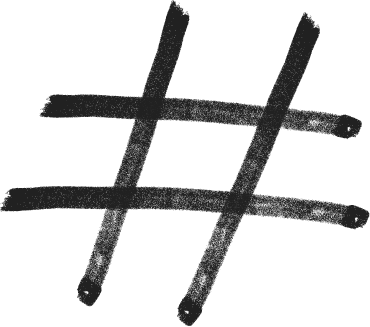Watch Your Language: The power of words and our duty to choose the right ones
“Snowflake!” “Woke liberal!” “MAGA lover!” “Fascist!” At this point, Merriam-Webster should just start distributing a “Dictionary of Polarized Language in the United States.” Words have meanings. Those meanings may change over time, but the words we use and how we use them have the power to build bridges or deepen divides. This makes it crucial to think carefully about what we say and how we say it. As dear Uncle Ben says: “With great power comes great responsibility.”
Words are powerful, even in their simplest, kid-friendly form. And the most powerful among us truly understand how influential words can be and how best to manipulate them. We know that “violent rhetoric is the surest path to violent action.” The Third Reich understood the immense power of words and used them to systematically strip people of their humanity then mobilize entire countries to murder Jewish minorities. This is an extreme example, but these are the stakes.
Polarizing language attacks our identities and reduces groups to monoliths, which stokes anger and fans flames of resentment. Perhaps the scariest thing about violent or dehumanizing language is that it can be wielded anywhere, from parking lots to grocery stores, from social media to the floor of Congress.
Language is the medium through which polarization breeds. Ultimately, we’re only responsible for our behavior and the language we use. First, take a good, hard look in the mirror and admit: “It’s me, hi. I’m the problem, it’s me.” Realize that there are better ways to engage. Learn what isn’t working. Then learn what does work so you can be more thoughtful with your communication. And finally, don’t be afraid to criticize divisive language within your like-minded circle. Its more useful than hurling insults at the other side. If we hope to address this problem, we’re going to have to watch our language (wouldn’t our parents be proud).
 More
More


 Sign up
Sign up